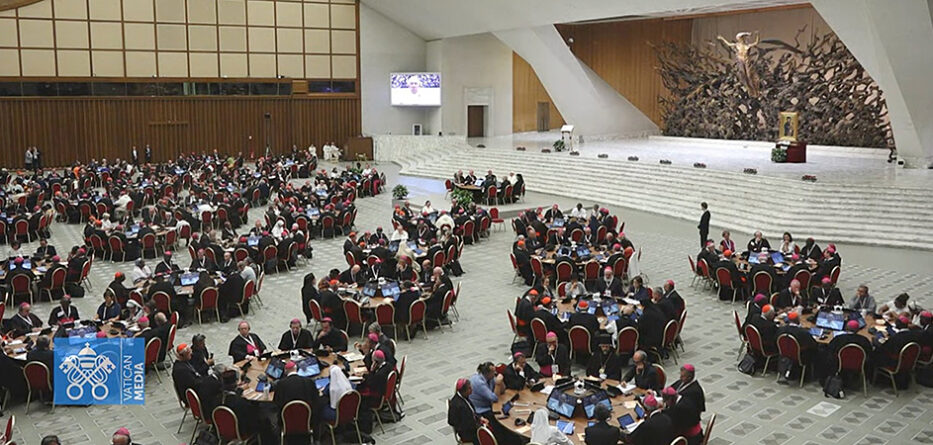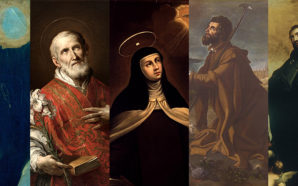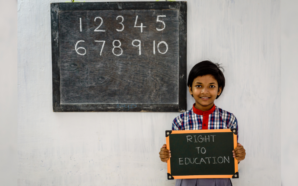The Synod on Synodality, currently taking place in Rome, has the potential to be the church’s most extraordinary event since the Second Vatican Council. Like that council, it is deeply rooted in the longstanding Christian tradition of communal decision-making. Because of that, it is nearly impossible to predict what exactly will result from this year’s meeting or from the synod’s second global gathering next year.
One thing we can predict, unfortunately, are continued efforts to undermine the synod—because, again like Vatican II, the synod threatens some Catholics’ erroneous understanding of the church as a never-changing institution. Previous synods under Pope Francis foreshadowed some of the arguments against this one.
First is the argument that the synod has mounted a facade of open discussion but is destined toward predetermined outcomes. This could not be farther from the truth: In my and my colleagues’ reporting, few involved in the synod have been able to provide even a general idea of what will result from this first meeting. Only in late September was it announced that the synod participants would put together a summary document at all.
Critics across the spectrum may fall into the trap of seeing the synod as a sort of ideological battlefield, when in fact it is a place for listening and communal discernment, with Francis acting as a sort of discerner-in-chief.
To continue reading this article, click here.
Colleen Dulle is an associate editor at America and co-hosts the “Inside the Vatican” podcast.
With thanks to America and Colleen Dulle, where this article originally appeared.








